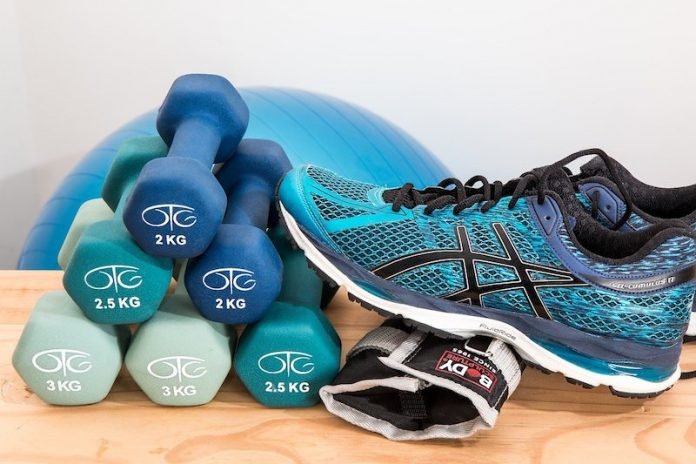
In a new scientific statement, researchers highlight the importance of resistance training for older adults to empower healthy aging.
While aging does take a toll on the body, the statement provides evidence-based recommendations for successful resistance training, or exercise focused on building muscle endurance, programs for older adults.
It was issued by a global expert panel and supported by the National Strength and Conditioning Association.
For many older adults, resistance training may not be part of their daily routine. The reason mainly being that many people associate advanced age with physical and cognitive decline, loss of independence and poor quality of life.
Aging, even in the absence of chronic disease, is associated with a variety of biological changes that can contribute to decreases in skeletal muscle mass, strength, and function.
Such losses decrease physiologic resilience and increase vulnerability to catastrophic events.
In the statement, the team provides evidence-based recommendations for resistance training in older adults to promote health and functional benefits, while preventing and minimizing fears.
The statement provides 11 practical applications divided into four main components: program design variables, physiological adaptations, functional benefits, and considerations for frailty, sarcopenia and other chronic conditions.
The applications include suggestions on training types and amounts of repetitions and intensities, patient groups that will need adaptations in training models, and how training programs can be adapted for older adults with disabilities or those residing in assisted living and skilled nursing facilities.
Current research has demonstrated that resistance training is a powerful care model to combat loss of muscle strength and mass in the aging population.
The team shows just how much resistance training can positively affect physical functioning, mobility, independence, chronic disease management, psychological wellbeing, quality of life and healthy life expectancy.
They also provide recommendations for how to optimize resistance training programs to ensure safety and effectiveness.
The team adds that the benefits of participating in resistance training as an older adult outweigh the risks.
The lead author of the study is Maren Fragala, Ph.D., director of scientific affairs at Quest Diagnostics.
The study is published in The Journal of Strength and Conditioning Research.
Copyright © 2019 Knowridge Science Report. All rights reserved.



